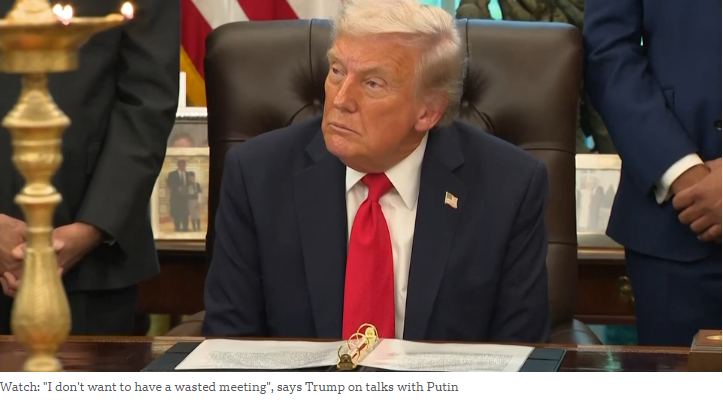In recent developments, a proposed meeting between U.S. President Donald Trump and Russian President Vladimir Putin was indefinitely delayed. Despite earlier planning and public anticipation of a rendezvous in Budapest, U.S. authorities clarified that no meeting is scheduled in the near term.
The cancellation comes just days after the Hungarian capital was named as a potential venue. Though officials had flagged the Budapest location, neither the White House nor Moscow confirmed a firm date. Instead, U.S. officials emphasized that scheduling remains tentative and subject to change.
Sources suggest the postponement stems from diplomatic caution: Washington is reportedly unwilling to commit to a meeting until Moscow meets certain pre-conditions, and officials are mindful of potential backlash if no meaningful outcome is achieved. Analysts see this as a strategic move to avoid “another damp squib” summit that fails to yield tangible progress.
The postponement raises questions about the current state of U.S.–Russia diplomacy and the influences of global geopolitical tensions. While the talk of a meeting captured media attention, the lack of confirmation signals that both sides may be recalibrating their approach — carefully staging any high-profile encounter with heightened caution.





Leave A Comment